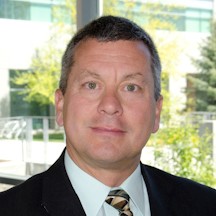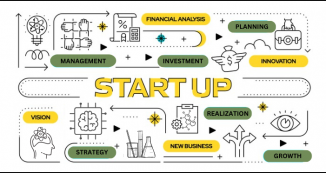
04 Dec Evidence Synthesis Primer: A Step by Step Guide
Register below to receive Zoom link
Description
A synthesis of contemporary research evidence forms the foundation of all health science scholarly projects. However, a consistent, systematic and reproducible approach for managing and reporting research evidence is often lacking. In this session step by step instructions for managing and reporting research evidence will be presented.
Participants will be guided in the use of their PICO-formatted clinical question to search for relevant research evidence. Downloaded abstracts constitute the foundation of an evidence catalog. The evidence catalog will be updated to reflect critical appraisal of the relevant research evidence. A framework for synthesis and summary of research evidence will be presented.
Pre-Work
Bring your PICO-formatted clinical question to this workshop and complete step Dr. Daratha’s step by step process for building your evidence library, your evidence catalog, your critical appraisal of your evidence, and your research synthesis.
Learning Objectives
At the end of the session, participants will:
- Be able to retrieve the relevant research evidence supporting a clinical question.
- Be able to critically appraise the selected research evidence.
- Be able to synthesize the research evidence to answer a clinical question.
Schedule of Activities
- 10:15-10:25am – Welcome, Overview, Introductions
- 10:25-11:25am – Presentation
- 11:25-11:40am – Questions and Answer Section
- 11:40-11:45am – Thank You and Feedback Survey
About the Speaker
 Kenn B. Daratha, PhD is a bioinformatics and biostatistical scientist with an extensive publication record. His industry experience includes Chief Information Officer for a multi-hospital system and lead architect for a data warehouse and decision support system for a large health insurance company. Dr. Daratha has led and mentored research teams in the use of electronic health records (EHR) data in a variety of disciplines for more than 30 years. He is the chief architect on the CURE-CKD registry that stores longitudinal clinical and administrative data on millions of patients extracted from multiple EHRs. He teaches evidence-based practice, research methods and quality improvement courses in the Providence Sacred Heart Medical Center & Gonzaga University Doctoral Program in Nurse Anesthesia.
Kenn B. Daratha, PhD is a bioinformatics and biostatistical scientist with an extensive publication record. His industry experience includes Chief Information Officer for a multi-hospital system and lead architect for a data warehouse and decision support system for a large health insurance company. Dr. Daratha has led and mentored research teams in the use of electronic health records (EHR) data in a variety of disciplines for more than 30 years. He is the chief architect on the CURE-CKD registry that stores longitudinal clinical and administrative data on millions of patients extracted from multiple EHRs. He teaches evidence-based practice, research methods and quality improvement courses in the Providence Sacred Heart Medical Center & Gonzaga University Doctoral Program in Nurse Anesthesia.







